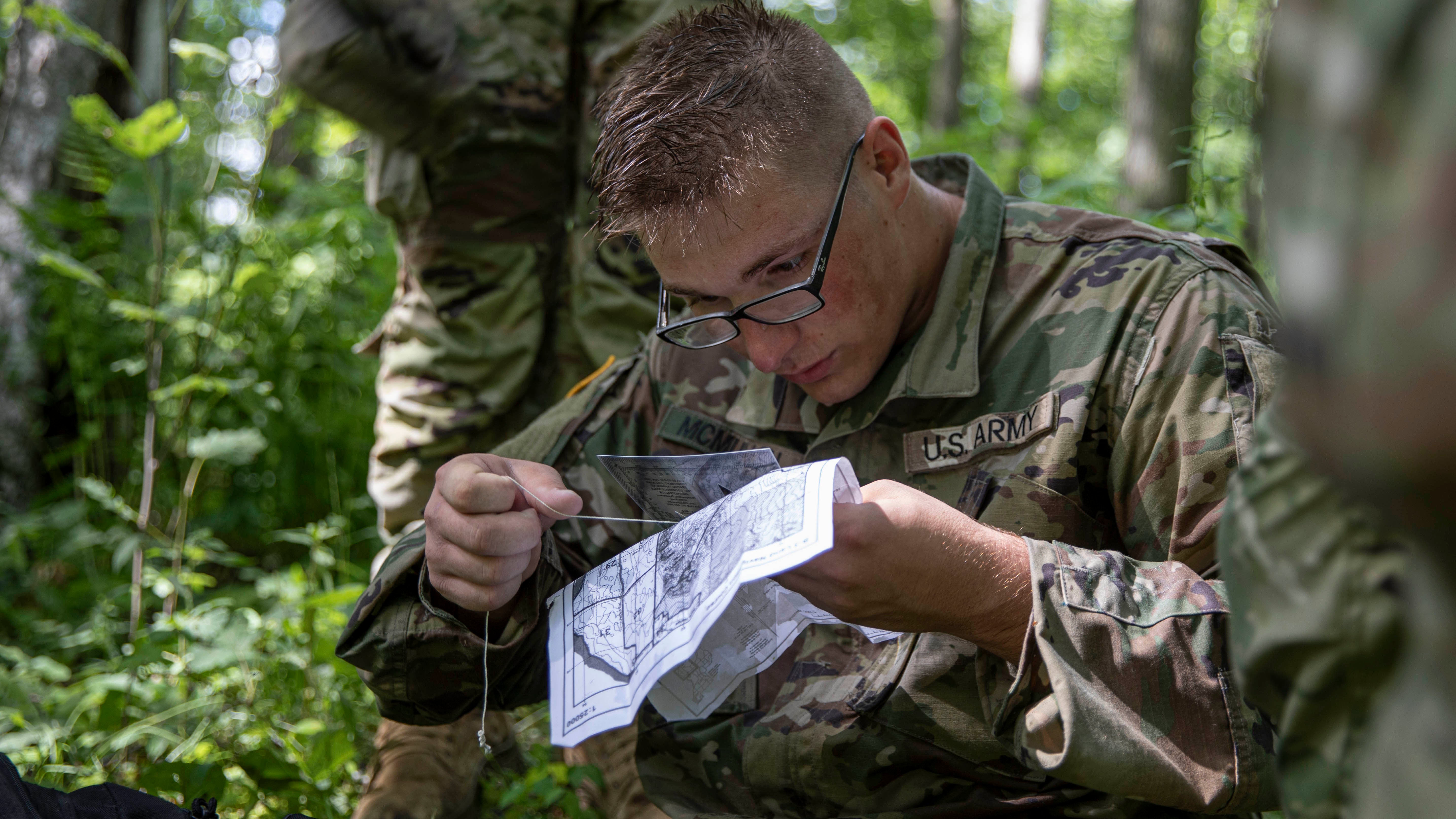Possible Loss of GPS Creates Challenges
Possible Loss of GPS Creates Challenges

Positioning, navigation and timing will be a critical capability in future wars, but the Army won’t be able to spend a lot of money to widely distribute new gear, experts said at a Warriors Corner presentation during the Association of the U.S. Army’s 2023 Global Force Symposium and Exposition earlier this year.
Michael Monteleone, director of the cross-functional team working on the task, said the Army needs to be prepared by 2030 to operate in an environment in which GPS will be blocked or degraded by adversaries. “Adversaries, as we know, are moving fast—very, very fast—to try to degrade and deny us,” he said. “That’s a huge problem.”
The Army needs alternative technology to provide troops with critically needed information, Monteleone said. The fix may not be one system but could be several different systems, he said. It would be wise, he said, if the system or systems that are put in place are easily duplicated and upgraded. They also must be affordable so the technology can be widely available, he said.
“We have to keep pace,” Monteleone said, noting that his cross-functional team “has a great record of getting things done.”
He described the effort as one of “continuous experimentation and prototyping,” adding that it is important to get prototypes into the hands of soldiers.
Maj. Gen. Jeth Rey, director of the Network Cross-Functional Team, said there doesn’t need to be one answer to the problem. There can be several answers involving a combination of military and contractor solutions, he said, and the Army will require several methods of moving data, each needing to be hardened from penetration.
There is a big opportunity for industry and government to work together on the solution or solutions, said Mark Kitz, program executive officer for intelligence, electronic warfare and sensors. Limited user tests show possible solutions with handheld devices that might replace larger vehicle-mounted systems or be available in addition to mounted systems.
The panel stressed the importance of finding a way to provide critical information that isn’t overly expensive or large

